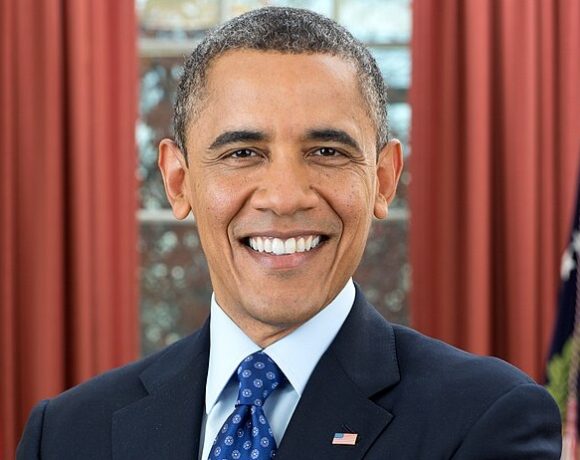
U.S. Health Agencies Face Massive Layoffs Under New Administration Policy
The Trump administration has launched a sweeping round of layoffs across major U.S. health agencies, including the Food and Drug Administration (FDA) and the Centers for Disease Control and Prevention (CDC), removing thousands of employees as part of a broader plan to shrink the federal health workforce. The cuts were announced by Health Secretary Robert F. Kennedy Jr., who revealed that the Department of Health and Human Services (HHS) would be reduced by approximately 20,000 positions in an effort to increase government efficiency.
Health Agency Layoffs
The layoffs began early Tuesday morning, affecting entire departments and core public health functions. Employees across various offices received official reduction-in-force notices and were immediately locked out of their work systems, severing communication channels and halting ongoing projects. Programs dedicated to sexually transmitted infections, birth defects, and global health initiatives were among the hardest hit. The administration plans to downsize HHS from its current 82,000 employees to around 62,000, through a combination of forced layoffs and voluntary buyouts.
FDA Staff Cuts
The FDA has witnessed the dismissal of several high-ranking officials who played central roles in drug and vaccine oversight. Peter Stein, responsible for new drug evaluation, was offered a reassignment but declined. Peter Marks, who led the vaccine and biologics division, was removed from his position. Brian King, who oversaw tobacco regulation, was also terminated. These moves raise serious concerns about the FDA’s ability to continue its regulatory responsibilities with diminished leadership and staff.
CDC Layoffs
The CDC was hit with thousands of reduction-in-force notices, with key divisions like Environmental Health, HIV Prevention, and Population Health either downsized or eliminated. The cuts threaten the continuation of critical public health programs including HIV prevention, lead poisoning surveillance, and environmental hazard tracking. Analysts warn that such actions could have dire consequences, particularly in underserved communities that depend on federally funded health programs.
While the administration defends the move as necessary for streamlining government operations, health experts and legal analysts are raising red flags. There are growing fears about the long-term consequences of undermining the country’s public health infrastructure, especially in the face of future outbreaks or health emergencies. Legal challenges are likely, with several state attorneys general preparing to argue that the dismantling of federally supported health programs may violate administrative law and compromise national health standards.
As the Senate prepares to question the Health Secretary in an April 10 hearing, the implications of these decisions will come under intense scrutiny, with public health, legal, and political fallout expected to unfold in the weeks ahead.


















